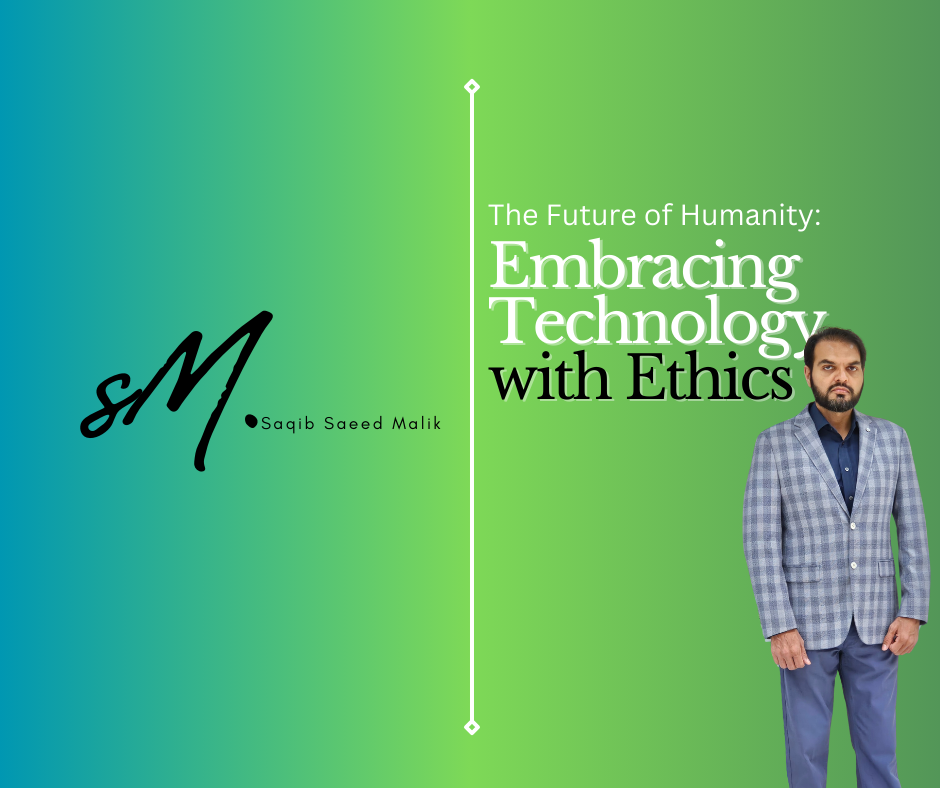As we stand on the brink of a new era defined by rapid technological advancements, the future of humanity is filled with both unprecedented opportunities and significant challenges. From artificial intelligence to biotechnology, the innovations of today have the potential to reshape our world in ways we can hardly imagine. But with these advancements come important ethical questions that we must address if we are to ensure that technology serves the greater good.
One of the most pressing concerns is the impact of technology on our privacy and personal freedoms. As we become increasingly connected through the internet and digital devices, our personal data is being collected, stored, and analyzed on an unprecedented scale. This raises important questions about who controls this data, how it is used, and what rights we have to protect our privacy.
Another critical issue is the potential for technology to exacerbate existing inequalities. While technological advancements have the potential to improve lives and increase access to resources, they can also widen the gap between the haves and the have-nots. If we are not careful, the benefits of technology could be concentrated in the hands of a few, while leaving others behind.
To navigate these challenges, it is essential that we embrace technology with a strong ethical foundation. This means prioritizing the well-being of humanity over profit, ensuring that technological advancements are used to promote equality and justice, and protecting the rights and dignity of all individuals.
Ethics should not be an afterthought in the development and deployment of new technologies; it should be at the forefront of our decision-making processes. This requires collaboration between technologists, policymakers, ethicists, and the broader public to create a framework that guides the responsible use of technology.
Education also plays a crucial role in shaping the future of humanity. By teaching future generations about the ethical implications of technology, we can empower them to make informed decisions and to use technology in ways that benefit society as a whole.
As we look to the future, let us remember that technology is a tool, not an end in itself. It is up to us to decide how we use it—whether to create a world that is more just, equitable, and compassionate, or one that is driven by greed and exploitation. By embracing technology with ethics, we can ensure that it serves the greater good and enhances the well-being of all humanity.

